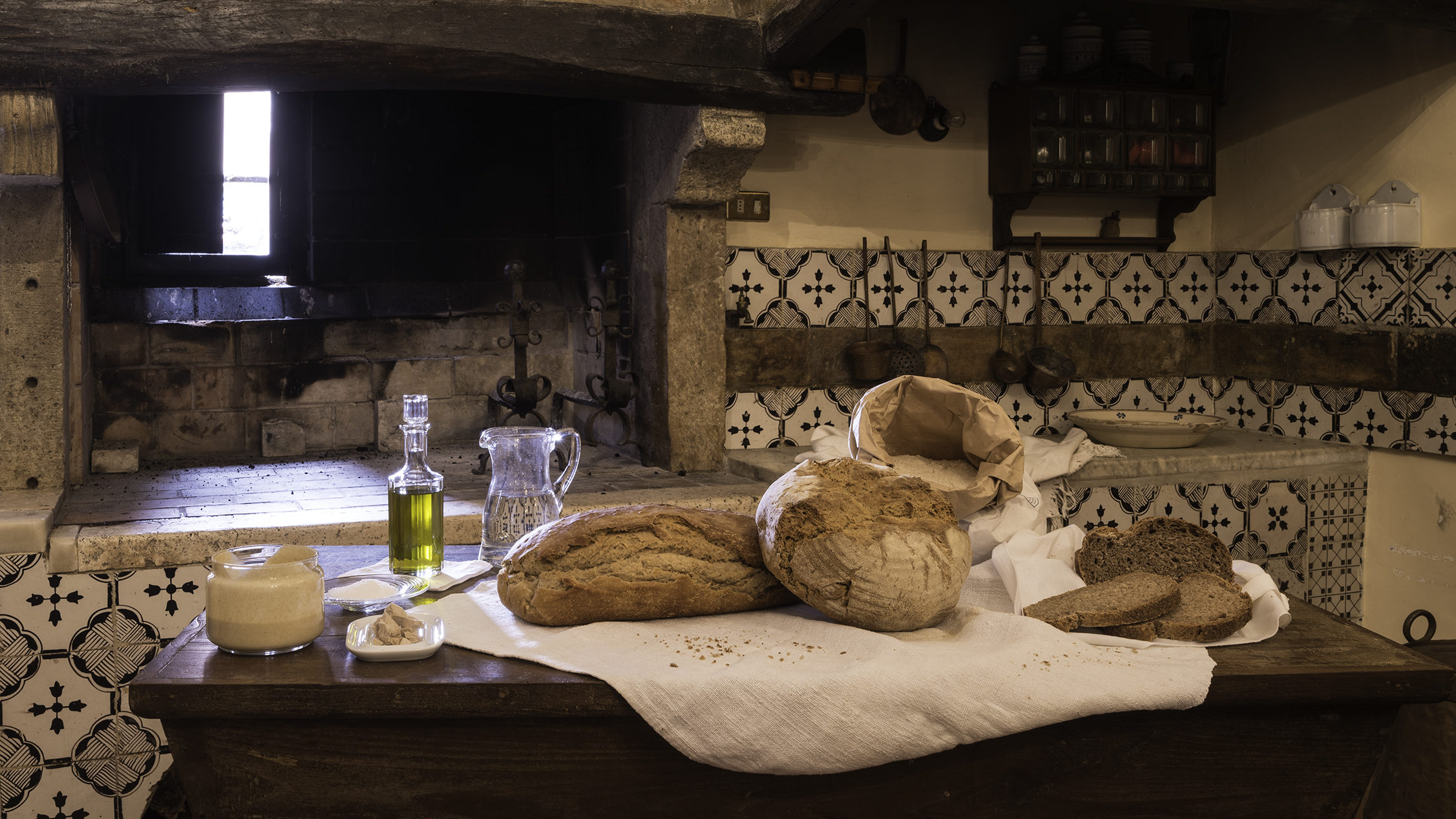Pane realizzato con il grano monococco (piccolo farro) e i potenziali benefici per la salute
La ricerca, di seguito riportata, ha analizzato le farine di grano monococco (piccolo farro) per il loro contenuto in carotenoidi e in acidi fenolici liberi e legati, rispetto alle farine di grano. Le farine più promettenti sono state utilizzate per produrre pane fermentato tradizionale e con pasta madre. I pani sono stati digeriti in vitro e caratterizzati prima e dopo la digestione. I risultati hanno confermato i livelli più elevati di carotenoidi nel monococco rispetto ai grani moderni e l’efficacia della fermentazione a lievito naturale nel mantenimento di questi livelli. Questo studio rappresenta la prima valutazione integrata del potenziale beneficio per la salute dei prodotti da forno a base di grano monococco rispetto a quelli a base di grano moderno e contribuisce alla nostra conoscenza dei grani antichi.
Integrated Evaluation of the Potential Health Benefits of Einkorn-Based Breads
Fabiana Antognoni, Roberto Mandrioli, Alessandra Bordoni, Mattia Di Nunzio, Blanca Viadel, Elisa Gallego, María Paz Villalba, Lidia Tomás-Cobos,
Danielle Laure Taneyo Saa and Andrea Gianotti. Published: 11 November 2017
“Abstract
Nowadays the high nutritional value of whole grains is recognized, and there is an increasing interest in the ancient varieties for producing wholegrain food products with enhanced nutritional characteristics. Among ancient crops, einkorn could represent a valid alternative. In this work, einkorn flours were analyzed for their content in carotenoids and in free and bound phenolic acids, and compared to wheat flours. The most promising flours were used to produce conventional and sourdough fermented breads. Breads were in vitro digested, and characterized before and after digestion. The four breads having the best characteristics were selected, and the product of their digestion was used to evaluate their anti-inflammatory effect using Caco-2 cells. Our results confirm the higher carotenoid levels in einkorn than in modern wheats, and the effectiveness of sourdough fermentation in maintaining these levels, despite the longer exposure to atmospheric oxygen. Moreover, in cultured cells einkorn bread evidenced an anti-inflammatory effect, although masked by the effect of digestive fluid. This study represents the first integrated evaluation of the potential health benefit of einkorn-based bakery products compared to wheat-based ones, and contributes to our knowledge of ancient grains. “
Approfondimento
Integrated Evaluation of the Potential Health Benefits of Einkorn-Based Breads. Fabiana Antognoni et altri
Back
